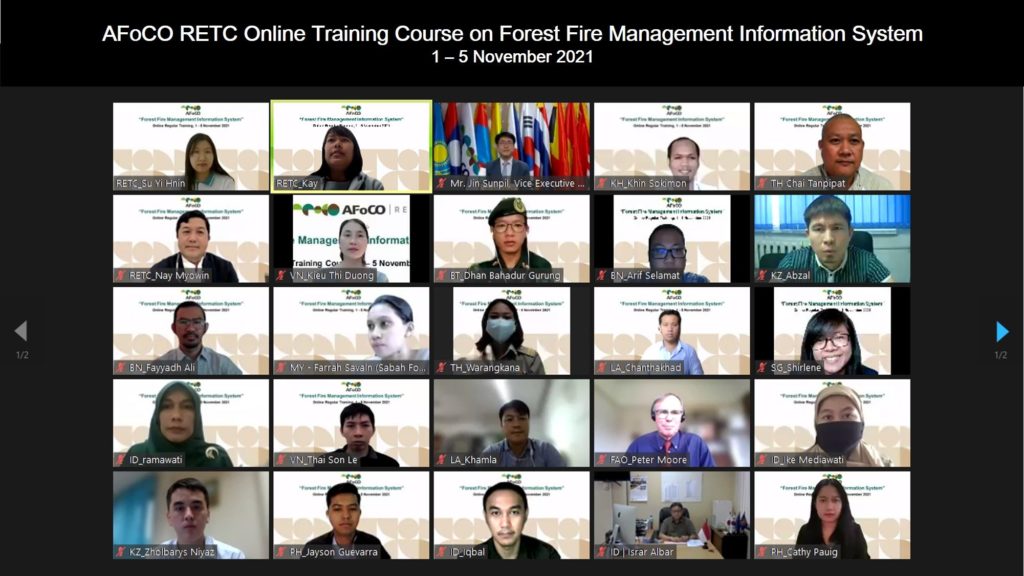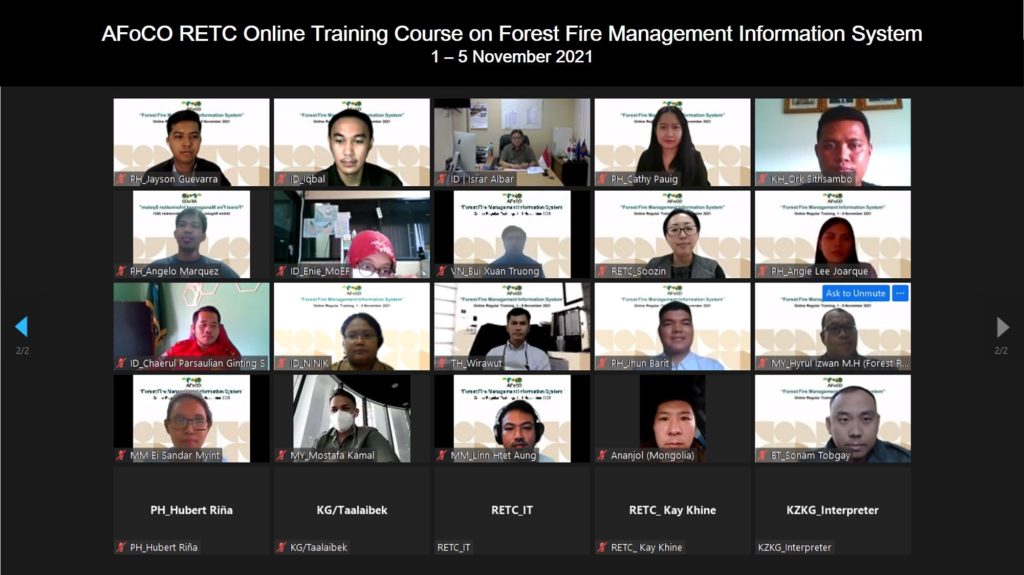Forest fires are the uncontrolled and unprecedented burning of plants in an explosive area due to the physical, biological, ecological, and environmental consequences of anthropogenic activities. Generally, the majority of forest fires are incited by anthropogenic activities driven by demographic pressure, the expansion of agricultural land, and the conversion of forest land into other land uses.
Despite its beneficial effects on some ecosystems, such as forest rejuvenation for some species, forest fire creates a risk to people, wildlife, property. It causes the drastic deterioration of the environment in most cases. In 2020, devastated Australian bushfires, also called forest fire or wildfire, burnt an estimated 18.6 million hectares, destroyed over 5,900 buildings, and caused the death of at least 39 people. In the northern summer of 2021, damaging fires had occurred in the USA and Canada, Turkey, Greece, southern Italy, the arctic circle, and South America.
Recently, early warning systems, real-time fire detection, and reporting are emerging as important components in effective forest fire management. The faster a fire is detected, the lesser the damage and impact to ecosystems. Noting the importance of early fire detection and fire information systems, the training course on “Forest Fire Management Information Systems” was organized with the aim of imparting an understanding of the application of technologies in the management of fire information. The outputs of this training are expected to contribute to future project development on forest fire management at the national, sub-national, and regional levels, and form a part of baseline information to be discussed at the “High-Level Workshop on Forest-related Disaster Management and Impacts of Climate Change” slated in 2022.
Organized from 1 to 5 November, the training welcomed 47 participants from AFoCO member countries who have been involved in forest fire management. During the training course, a total of 8 lectures were led by experts from various organizations, including Thailand Kasetsart University, National Research and Innovation Agency, President Office of Indonesia, Planning, Directorate of Forest and Land Fire Management of Indonesia, Kyungpook National University, and the AFoCO Secretariat.
In his opening remarks, Vice Executive Director of AFoCO Secretariat, Mr. Jin Sunpil, shared his experiences as the former head of the Forest Aviation Headquarters of the Republic of Korea, how the advanced techniques can be embedded in sustainable forest management. He further stressed that we still need to think about how to systemically and technically listen to the voice of vulnerable communities that cannot reach out to the global society.
On the first day of the training, two renowned experts shed light on the training course with young forest firefighters.
Dr. Veerachai Tanpipat, Senior Expert, Upper ASEAN Wildland Fire Special Research Unit, Forestry Research Center, Faculty of Forestry, Kasetsart University, Thailand, who is the main course instructor of FFMIS training, emphasized that “Forest Fire Management Information System (FFMIS) is a very important system for decision-makers to support their decisions, but we need to keep in mind that it is not a total solution to fire management and control. It is just another tool to make more efficient decisions or better selections of suitable actions taken”.
He further stressed that “Fire Prevention” is key. There is a need to expand the real working network through all possible collaborations and promote effective communication channels. He also added that it is important to understand the behaviors of people who use fire as a tool to make fire prevention procedures, campaigns, and participatory approaches more efficient and effective. He then stressed that feasible and possible alternative income options should be provided to encourage communities to engage in fire prevention activities.
Dr. Peter Moore, Fire Management Consultant at the Food and Agriculture Organization (FAO) of the UN, expressed that “FAO is very pleased to be able to support this fire management training provided by AFoCO. There are fire management activities and projects at the country level that have much we can learn from. Indeed, this training provides an opportunity to meet other fire management professionals and continue those relationships beyond this course“.


Contributed by Kay Khine, 2021 AFoCO Fellowship Official from Myanmar

